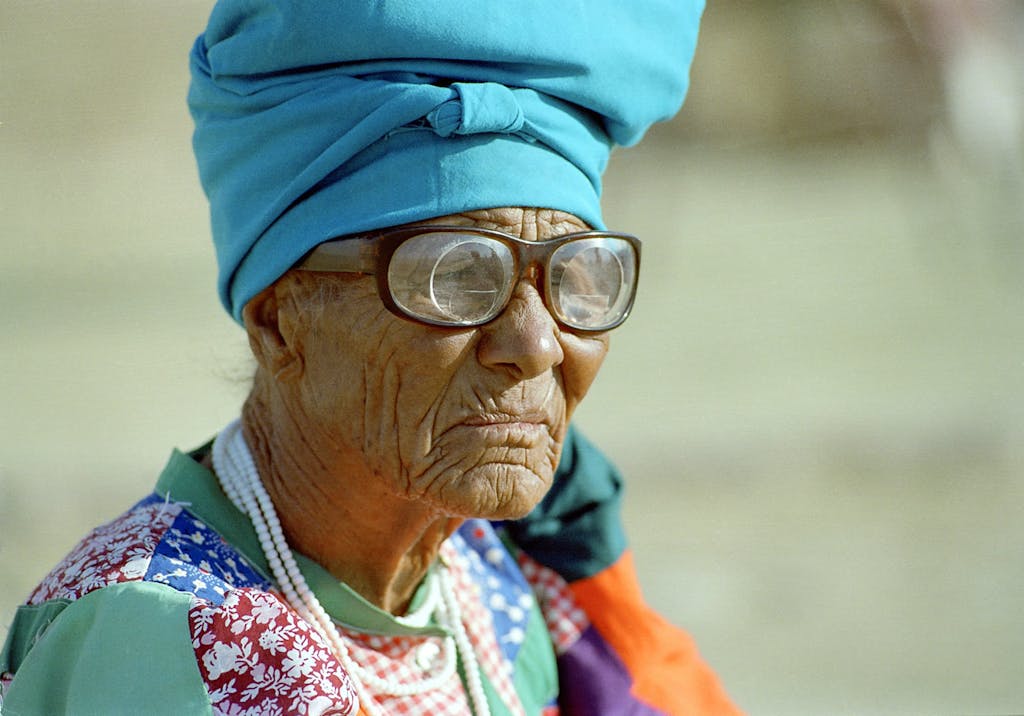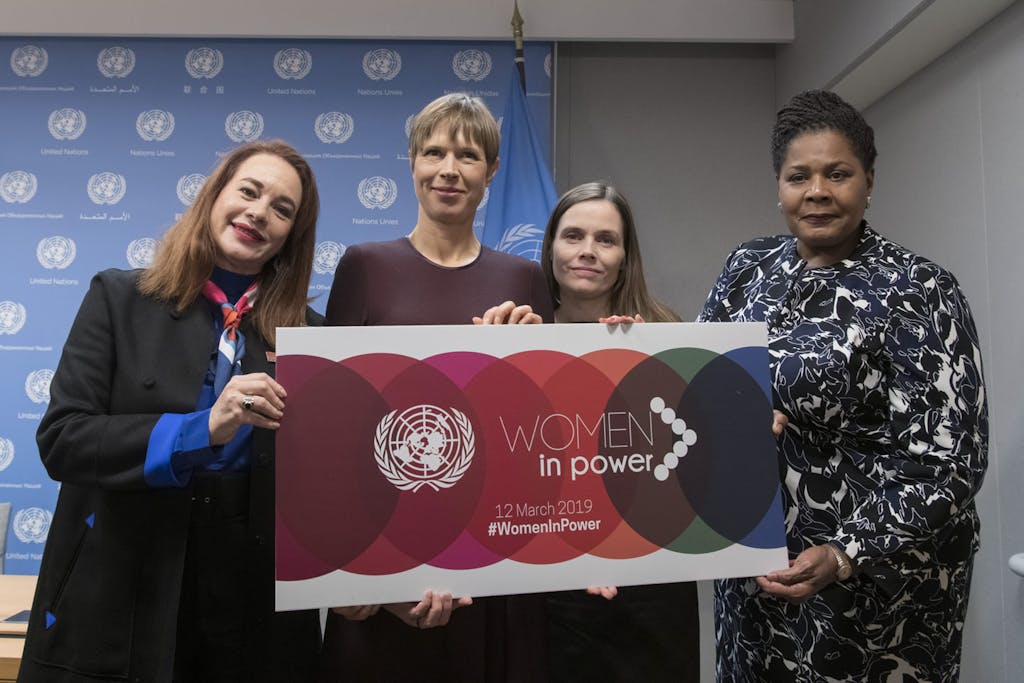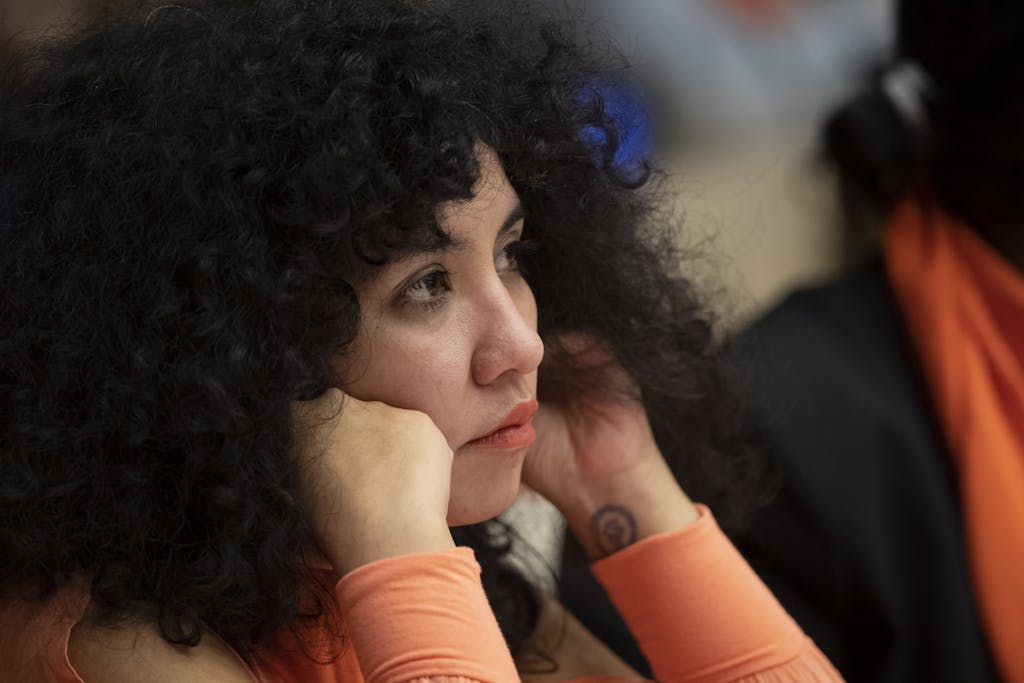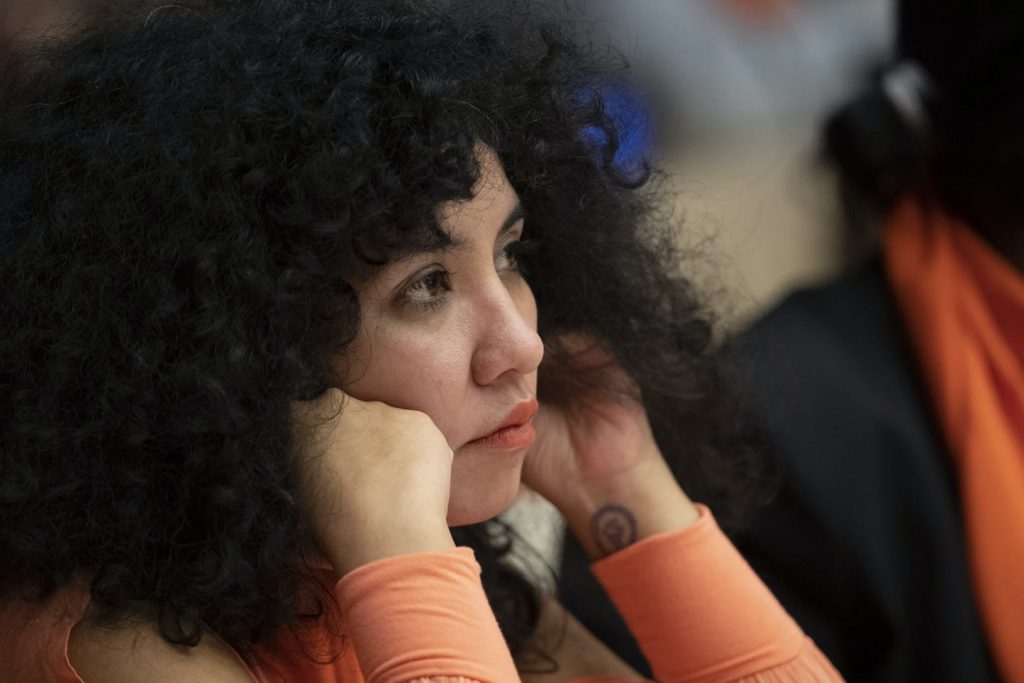Memo to World Leaders: Half of your country’s people are subjugated, less visible, and undervalued.
This year begins the final decade to deliver the Sustainable Development Goals (SDGs); it marks 25 years since the UN’s landmark Fourth World Conference on Women in Beijing pushed for more progress on girls’ ands women’s rights and equality; and in the U.S., 2020 is the 100th anniversary of women finally earning the right to vote. Despite years of striving, however, studies suggest it will take almost 100 more years to achieve parity between women and men at work, at school, in health and as leaders with equal political power.
Around the world, gender equality lacks the political will it deserves. World governments – here are five things you can do this year to speed that up, share power with half your people, unlock greater peace and prosperity, and burnish your own legacy.
1. Level the law.
Governments have the legislative power to remedy gender discrimination enshrined in laws, but often, that power is squandered.
Equal protection under the law matters. It affects whether adolescent girls get to attend school instead of their own weddings. It determines whether a woman can open a bank account or start a business, inherit property or simply move from beyond the walls of her home. It determines whether you can kill a girl or woman with impunity. (Yes, you read that right).
Is your government among those that legally restricts a woman from having the same choice of jobs as men? Does it designate men as the legal head of the household? Or, is your government among those that recently repealed laws legally obligating women to obey their husbands, as the Democratic Republic of Congo did recently? Does your country legally condone violence against women, or is it among the good company of France and São Tomé and Príncipe in toughening penalties for domestic violence?
Reform is possible and rewarding. The World Bank’s 2019 Women, Business and the Law Index found that in 131 economies there have been 274 reforms to laws and regulations in the past decade. Malawi, Namibia, and Peru all revised discriminatory laws governing inheritance and property rights, and in the decade that followed, female labor force participation increased substantially in all three countries.

An elderly woman in Namibia, where the Government revised discriminatory laws governing inheritance and property rights.
Last March UN Women and a group of partners launched an effort to fast-track the repeal or revision of discriminatory laws in 100 countries by 2023. Join them and implement good, fair, just laws for all your people.
2. Girls and women count, so make sure you count them.
You collect data about your citizens. You do this to understand their lives, foresee demographic challenges, and provide them essential services. But chances are your data picture is incomplete and unbalanced. In countries around the world, important data about the economic, political, and social contributions of girls and women is incomplete or missing. Even their very existence often goes undocumented. While you may not think this is pressing, poor data can result in faulty decision-making, underutilized investment, and discriminatory policies.
It’s time to deliver on the commitments your country made to improving gaps in gender statistics when it adopted the Beijing Platform for Action in 1995, the Agreed Conclusions and Political Declarations of the Commission on the Status of Women, and the Sustainable Development Summit in 2015.
This is not an impossible ask. Ghana, Kenya, Colombia, Sierra Leone, the Philippines, the UK, have all adopted the Inclusive Data Charter, a development of the Global Partnership for Sustainable Development Data outlining specific steps governments can take to improve the quality, quantity, financing, and availability of inclusive data. Join these countries, invest in civil registration systems, hold statisticians accountable, and collect the vital information you need to measure SDG indicators (UN Women estimates only 22 percent of these are produced regularly worldwide).
The benefits of inclusive data collection are documented. In one long term study by gender data champion, Data2X, birth registration in Indonesia was positively correlated with increased immunization rates and levels of schooling, and negatively correlated with early marriage, youth child-bearing, and adverse health outcomes. Every country in the world can improve gender equality. Be a leader – when you receive data that tells a negative story, use it anyway and turn a troubling trend into a story of change.
3. Elevate her.
There are women in every country ready and qualified to serve, inform, and improve their governments. Actively search them out and clear a path to power. Do not confine them to what you believe to be “women’s issues” (what are those, anyway?). Women in positions of authority tend to resolve national crises without resorting to violence, advocate for inclusive social benefits, and create longer lasting peace-processes. Research also suggests that gender balance in politics promotes gender balance in the workforce, which in turn could double your GDP growth by 2025.

Women leaders attend a press briefing on the high-level event on ‘Women in Power’ at the United Nations.
Reflect on the role of women in your work and the future prosperity of your country. Are there women in your cabinet and among your senior advisors? Are women populated in decision-making platforms that influence government policy, programs and budgets? The longevity and efficacy of your work depends on it. Research from the International Peace Institute lays this out clearly: Women bring new perspectives to negotiations, and those perspectives make negotiations more likely to reach agreements. Give women a seat at the table, listen to them, and feel the tangible benefit of granting them equality.
The Secretary-General of the United Nations is a wonderful role model in this regard. At the beginning of his tenure, António Guterres declared that gender parity at the United Nations is “a moral duty and an operational necessity.” Today, half of his Senior Management Group, and half of the UN’s Resident Coordinators in countries around the world are women. (Learn more about fearless women leaders of the UN in our (s)heroes series).
4. End gender-based violence.
You are not doing enough. Make the safety of girls and women a top priority.
One in three girls and women experience sexual or physical violence in their lifetime. In every country. In every income bracket. For example, today, 650 million girls are married off as children, and 200 million experience female genital mutilation in practicing countries. Violence against women is as serious a cause of death and incapacity among women of reproductive age as cancer, and a greater cause of ill health than traffic accidents and malaria combined. This violence denies half your population humanity, safety and dignity. It is among the most pervasive and persistent of any human rights violation.
That is more than good enough reason to act. But, in case you need further convincing, it is also true that violence causes real and measurable economic loss. Harassment and violence can happen anywhere, and as long as women fear for their safety, economies suffer. Domestic violence against women and children costs the global economy $8 trillion. In Bangladesh and Vietnam, the cost of intimate partner violence (which affects 50 percent of women globally) outweighs government spending on education. In the United States alone, intimate-partner violence costs about $4.9 billion annually, from medical costs to lost productivity to lost earnings over women’s lifetimes. And a recent study estimates that number closer to $500 billion.

A participant attends the official commemoration of the United Nations International Day for the Elimination of Violence Against Women.
The economic case is clear, but this is a matter of universal human rights. Violence undermines social cohesion, peace, health, security, economic opportunity, and most importantly the dignity and safety of half your people.
Enforce legal protections and justice for survivors of gender-based violence, ensure equitable access to financial assets, engage men and boys in the prevention of violence, and be a leader fighting the scourge of harmful gender norms.
5. Pay for Parity.
As the UN Secretary-General said last year, “There is a cost to everything. But the biggest cost is to do nothing.”
Gender inequality is one of the greatest barriers to human security, peace and development.
Think about your priorities for human development and economic opportunity in your country and region – do you really believe you can get there without investing in the rights and potential of half your population? The expert consensus says otherwise: Funding programs that ensure girls and women have access to essential SDG services like education, healthcare, and justice raises makes their lives better and improves the prospects for long-term stability.
Investing in girls and women can take many forms. Follow the lead of Albania and enhance free legal aid services for women; take a cue from Belarus and combat trafficking by financing women’s civil society organizations. Uphold your commitment to SDG Target 5.4 and recognize the value of unpaid domestic work in the provision of public services, infrastructure and social protection policies that promote shared responsibility in the household. Promote access to enabling technologies. New ITU data estimates that more than half the total global female population is still not using the internet, compared to 42 percent of all men, and, of the 85 countries that provided data on mobile phone ownership, 61 have a higher proportion of men with mobile phones than women. You can fix that.

A woman in South Sudan attends computer training.
There’s no wrong way to pay for parity unless you just don’t do it at all.
And, doing the right thing for girls and women comes with an economic payoff. The International Monetary Fund estimates that closing the gender gap in the world’s most discriminatory economies would increase their GDPs by on average 35 percent.
We’ve got to demand equality for everyone, everywhere. And right now.
Here at the UN Foundation, we make girls and women rights a priority for several reasons: because equality is her birthright, enshrined in the UN Charter, signed 75 years ago this year; because it is what is fair and just; and because we all stand to gain when half our human population is unleashed from unnecessary and harmful discrimination, and unburdened by progress that’s been way too slow and reversible.
Right now, girls and women aren’t equal anywhere. We won’t stop until they are equal everywhere. World leaders, you can make that happen.

